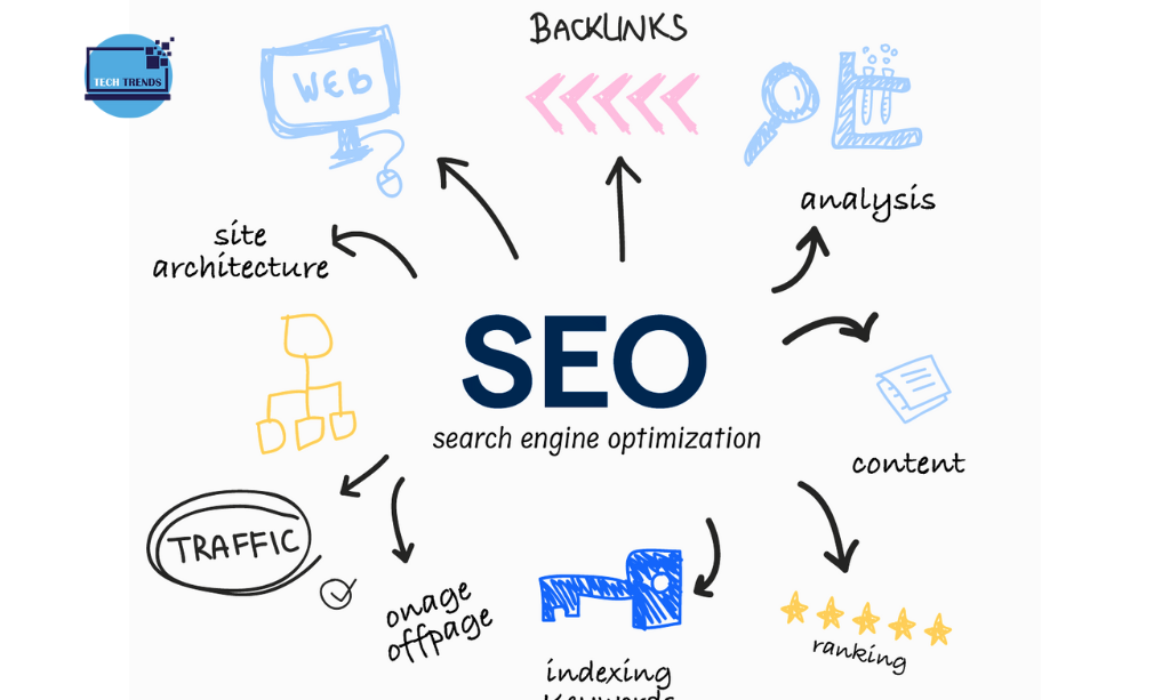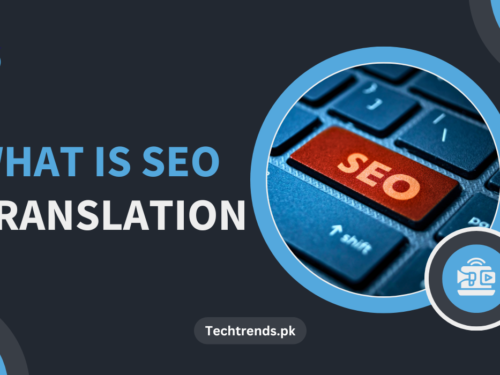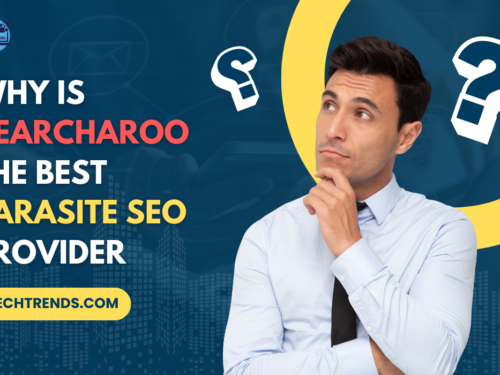In today’s digital age, information is power, and mastering Search Engine Optimization (SEO) is key to unlocking your website’s visibility. SEO boosts your content in search engine rankings and enhances your credibility. Let’s explore the mechanics of SEO, understand user behavior, and learn how to leverage content to inform and engage your audience.
Decoding SEO Terminology
Learn the basic terms and concepts of SEO to understand how it helps improve your website’s visibility on search engines.
What is SEO?
SEO stands for Search Engine Optimization. It’s the art and science of getting web pages to rank higher in search engines like Google, Bing, and Yahoo. Ranking higher in search results leads to increased organic (unpaid) traffic to your website.
What is an SEO Weegy?
An SEO Weegy is a term used to describe an expert or a comprehensive guide in SEO. This person or guide helps answer essential questions related to SEO, focusing on optimizing content around key queries such as “What,” “Why,” and “How.” This involves effectively using strategies to answer these queries, making your content more relevant and discoverable.
How SEO Works
SEO is about improving your website so that search engines rank it higher, bringing more visitors to your site.
Links
Links from other websites play a crucial role in determining your site’s ranking. A link can be seen as a vote of confidence from another site. The more high-quality links you have, the more authoritative your site appears to search engines.
Content
Creating relevant, high-quality content is vital. Search engines analyze your content to see if it matches users’ search queries. You can improve your site’s relevance and ranking by targeting specific keywords and providing valuable information.
Page Structure
The structure of your web pages is important for SEO. This includes using relevant keywords in titles, URLs, and headers and ensuring your site is easy to navigate and crawl by search engines.
SEO Strategies
Using techniques like choosing the right keywords, creating great content, and getting other sites to link to you can boost your search engine rankings.
Keyword Research
Start by identifying the keywords your site currently ranks for, what your competitors rank for, and what potential customers are searching for. This will guide you in optimizing existing content and creating new, targeted content.
Content Marketing
Once you know your keywords, focus on content marketing. This includes updating existing content and creating new high-quality, user-friendly pieces. Good content is more likely to be shared and attract backlinks.
Link Building
Building backlinks from reputable sites is crucial. This can involve promoting your content, contacting other website owners, submitting your site to directories, and gaining press coverage.
On-Page Optimization
Optimize the actual structure of your pages by incorporating keywords into the URL, title tag, and alt text for images. Updating meta tags, like the meta description, can also improve click-through rates from search engine results pages (SERPs).
Site Architecture Optimization
Ensure your site’s internal linking structure is optimized, linking key pages with relevant anchor text. Creating an XML sitemap helps search engines discover and crawl all your site’s pages.
Semantic Markup
Use semantic markup (like Schema.org) to describe the meaning of your content. This can help search engines better understand your content and lead to rich snippets in search results, enhancing your visibility.
SEO vs. Paid Search
SEO improves your site and gets you free traffic, while paid search involves paying for ads to appear in search engine results.
SEO (Search Engine Optimization)
SEO focuses on driving organic traffic through unpaid efforts by optimizing your site and content.
SEM (Search Engine Marketing)
SEM includes both SEO and PPC (Pay-Per-Click). It’s a broader term encompassing all strategies to drive traffic from search engines, both paid and organic.
PPC (Pay-Per-Click)
PPC is a form of digital marketing where advertisers bid on keywords for their ads to appear in search results. Advertisers pay each time their ad is clicked.
What are the Benefits of SEO
SEO is crucial for online marketing. It helps your site rank higher in search results, leading to more traffic. Higher rankings mean more visibility, more clicks, and potentially more business.
Advanced SEO Techniques
Go beyond the basics with advanced strategies, such as targeting local searches, analyzing data, and staying updated with new trends, to stay ahead.
Local SEO
Optimizing local search results is vital for businesses serving specific geographic areas. This involves using local keywords, creating location-specific pages, and claiming your business listings on directories like Google My Business.
Analytics
Use tools like Google Analytics to track your site’s performance and make data-driven decisions. Understanding user behavior helps refine your SEO strategies for better results.
Future Trends
Stay ahead of trends like voice and visual search optimization. Adapt your strategies to include these emerging technologies to maintain your competitive edge.
Top SEO Tools
Use helpful tools like Google Search Console, Keyword Planner, and backlink checkers to enhance your SEO efforts and track your success.
Google Search Console
A free tool that helps you monitor your site’s performance, fix issues, and understand how Google views your site.
Google Ads Keyword Planner
Even though it’s designed for paid search, this tool provides valuable keyword data that can inform your SEO strategy.
Backlink Analysis Tools
Tools like Ahrefs and Majestic help you analyze your backlink profile and discover new link-building opportunities.
SEO Platforms
Comprehensive platforms like Moz, BrightEdge, and Searchmetrics offer a range of tools for keyword tracking, site audits, and more.
Optimizing Search Traffic: From Clicks to Conversions
Getting traffic to your site is just the first step. Conversion Rate Optimization (CRO) involves changing your site to increase the percentage of visitors who take a desired action, like making a purchase. Tools like Optimizely make it easy to run A/B tests and optimize your site for better conversions.
Conclusion: Embracing the SEO Journey
Mastering SEO is a continuous process of learning and adapting. By understanding the basics, implementing advanced techniques, and staying ahead of trends, you can significantly improve your online presence and achieve your business goals.
Frequently Asked Questions
What is search engine optimization or SEO weegy answers?
Search engine optimization (SEO) is the process of improving a website to increase its visibility when people search for products or services.
What is search engine optimization and SEO?
Search engine optimization (SEO) is the practice of enhancing a website to achieve higher rankings in search engine results, thereby attracting more organic traffic.
What is search engine optimization or SEO brainly?
Search engine optimization (SEO) involves optimizing website content and structure to improve its ranking on search engines like Google.
Why is search engine optimization SEO important answer?
SEO is important because it increases your website’s visibility in search engine results, driving more organic traffic and potential customers to your site.



